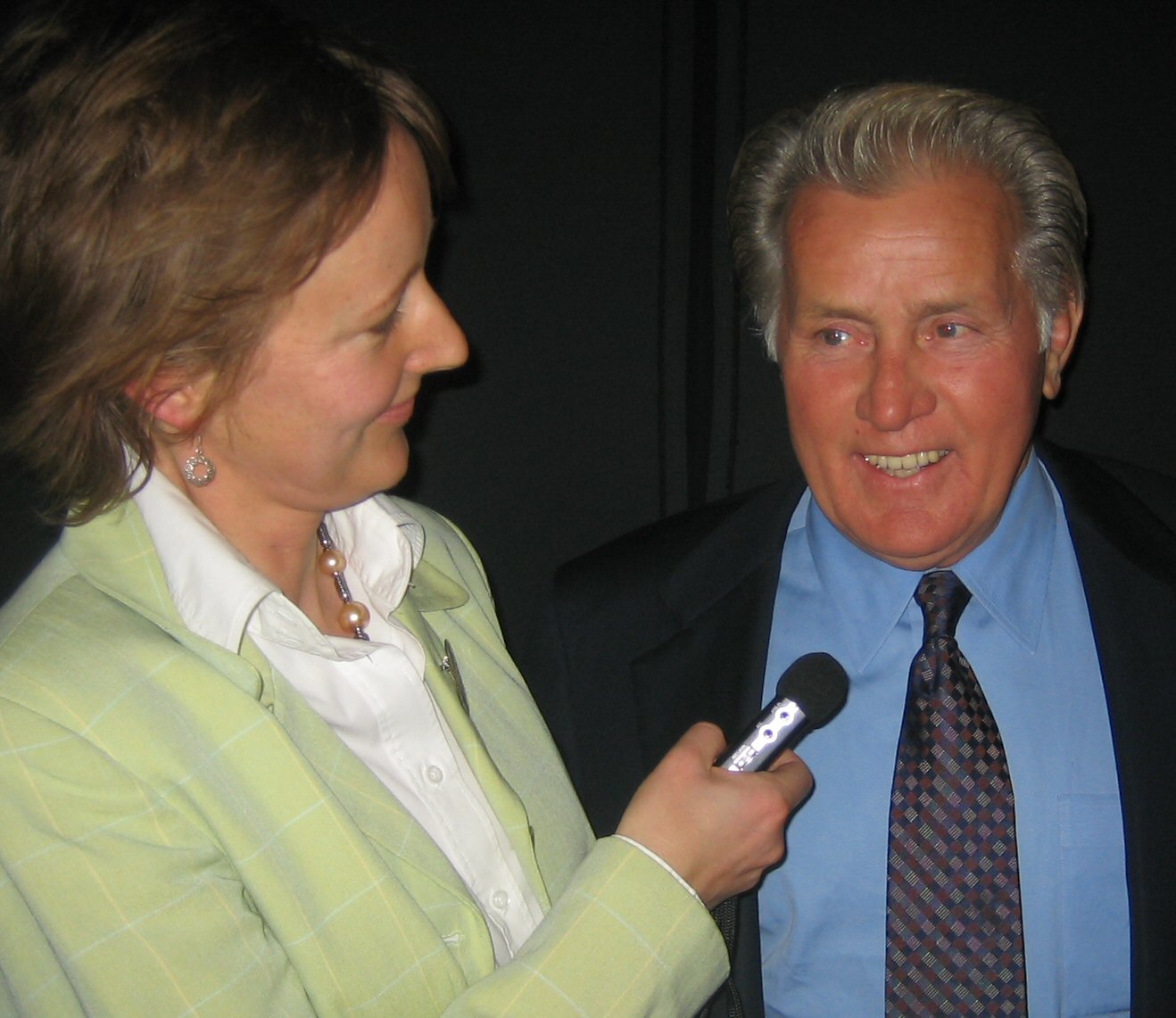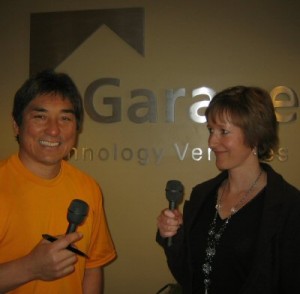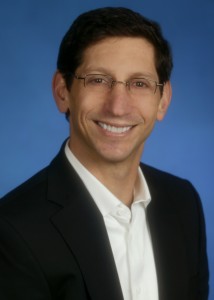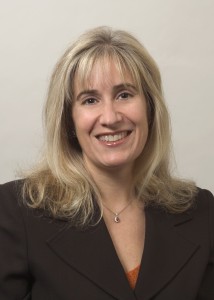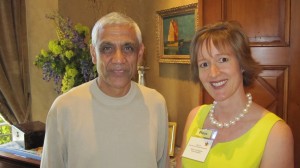
Vinod Khosla: Transcript of Fresh Dialogues Interview
By Alison van Diggelen, host of Fresh Dialogues
This is a transcript of my interview with influential venture capitalist Vinod Khosla. The interview was recorded at the SD Forum Visionary Awards on June 25, 2009. To listen to the interview or read the summary post, click here
 Alison van Diggelen: I’m with Vinod Khosla, one of the Visionary Award winners for 2009. Vinod, firstly I want to congratulate you. How does it feel?
Alison van Diggelen: I’m with Vinod Khosla, one of the Visionary Award winners for 2009. Vinod, firstly I want to congratulate you. How does it feel?
Vinod Khosla: Thanks! Embarrassing…(laughter)
Alison: So this is not your cup of tea, to be the center of attention?
Vinod: Not really
Alison: So first of all, I want to ask you about your lead in clean tech. You were one of the first venture capitalists to see the opportunity in clean tech. Can you talk about where that motivation came from?
Vinod: Well, in 2000, I started looking for something new, something different and something large, and something amenable to technology disruption, and clean tech was one of those areas that popped up right away. So, right after I gave a talk about the optical bubble in 2000, when the stock market was still high, I said I should be doing something other than telecom, and that’s when I started looking and this is what popped up.
Alison: What was the first company that popped up, or was it just the sector in general?
Vinod: Well, in 2001 at Kleiner, we invested in Bloom Energy, and KR (Sridhar), who’s going to be introducing me tonight, was one of the first clean tech investments I pursued.
Alison: Is that looking good to you?
Vinod: Well, the company is very well funded, doing extremely well, and has been able to get great valuations in the market place, so I guess that’s a precursor to success. (laughter).
Alison: And where does this motivation come from? I mean, are you concerned about global warming first and foremost, are you concerned about the planet, or is it: here’s a great economic opportunity?
Vinod: Well, I am definitely concerned about global warming, and I am definitely concerned about how five billion people enjoy the lifestyle that 500 million people do today, out of the six and a half billion people we have and the nine billion we’re going to have. So it’s clearly that. But that itself creates an economic opportunity, so that concern about a crisis happening there creates the opportunity and then we muddle through and hope we can find the right answer.
Alison: And you’ve helped a lot of entrepreneurs along the way. I understand you’re very involved in the companies you invest in. Can you talk about how you’ve helped them?
 Vinod: Well, as our website says, we’re not in the venture capital business, we’re in the venture assistance business. That’s all I do, that’s what our website says, and frankly, that’s what I enjoy. I enjoy sort of being a coach and mentor to young entrepreneurs, and that to me is the most rewarding thing you can do. The fact that it’s a way to make money is almost incidental at this stage.
Vinod: Well, as our website says, we’re not in the venture capital business, we’re in the venture assistance business. That’s all I do, that’s what our website says, and frankly, that’s what I enjoy. I enjoy sort of being a coach and mentor to young entrepreneurs, and that to me is the most rewarding thing you can do. The fact that it’s a way to make money is almost incidental at this stage.
Alison: On your website, it also says that you had a dream to bring soy milk to India. What is your dream today?
Vinod: Well the dream clearly is to replace the four major emitters of carbon dioxide: oil, coal, steel and cement with much more carbon efficient technologies, and I think that’s the kind of new invention and innovation that we need to help the planet and create a whole new economic ecosystem. That’s the dream.
Alison: You were an early backer of biodiesel and it’s had some bad press because of deforestation etc.
Vinod: Actually, we never did invest in biodiesel. That is a misconception. We never did invest in any biodiesel company.
Alison: But you were a strong advocate of it I understand…no?
Vinod: No. I was always an advocate of cellulosic fuels, but people have used my name as if I’m supporting biodiesel, like you mentioned. I’m generally against all food based fuels.
Alison: I see, good to clarify that. And you are an investor in Ausra? Tell me about that investment and how that’s looking for the future.
Vinod: Well, it’s looking…You know, Ausra is pioneering a new kind of solar thermal technology for large power plants or additions to existing power plants and I like the fact that they can do a small add-on; a $10 Million add-on to an existing power plant, so you can reduce the amount of coal you burn or the amount of natural gas you burn. So that’s very neat about that technology and you can also build a 200 Megawatt power plant with the same technology, so I like that characteristic.
It’s early in the solar thermal race, but we’ll see how things go. We are optimistic.
Alison: And some people have already been talking about a clean energy bubble. Do you see that? Is that how you’d typify the market with this huge downturn in venture capital funding in the first quarter of this year.
Vinod: Well I was concerned about a clean energy bubble last year and though this economic downturn that’s happened is not good, it has helped slow down the bubble or pop it and I think we’ll hopefully have more reasonable development going forward.
Alison: So you feel the bubble has popped?
Vinod: Well, I wouldn’t say it was a bubble but it was in danger of becoming a bubble and I think that danger is lower, is reduced, is dissipated somewhat. But look, anytime greed starts to play these things pop up again, so it’s something we have to warn against.
I think it was in 2003 I warned against the nanotechnology bubble and that helped. I almost got sued for it.
Alison: Did you really?
Vinod: For saying nanotechnology was not right for public offerings and there was a couple of companies ready to go public. I think we have to avoid those bubbles because they’re not productive for anybody.
Alison: Yes. And what are your warnings today?
Vinod: Warnings about what?
Alison: About potential future bubbles?
Vinod: Well every rush turns into a bubble. It’s something we have to just…it happened with the railroads in the 1830s, it’s happened with almost every new technology and we just have to be cautious.
Alison: Right. And are you optimistic with the Obama administration in power now and their backing on clean energy?
Vinod: Yeah. I’m generally quite optimistic. I’m very optimistic that both we’ll find the technologies as well as the fact that we’ll have a huge impact.
Alison: Thank you very much Vinod.
This interview was recorded on June 25, 2009 at the SDForum Visionary Awards. To read the summary post or listen to the interview, click here

